
Your Body Is Begging You to Notice These High Blood Sugar Warnings
High blood sugar, also known as hyperglycemia, is a common condition that affects millions of people worldwide. It occurs when the level of glucose in your blood rises above the normal range, usually due to the body’s inability to produce or effectively use insulin. While occasional elevated blood sugar levels might not seem serious, persistent hyperglycemia can lead to severe health complications. Your body sends out multiple warning signs that something is wrong, and recognizing these early symptoms can be life-saving. This essay will explore the key warning signs of high blood sugar, why it is important to pay attention to them, and the steps you can take to manage this condition.
First and foremost, one of the most noticeable symptoms of high blood sugar is increased thirst and frequent urination. When your blood sugar is elevated, your kidneys try to flush out the excess glucose through urine. This process draws more water from your body, causing dehydration and making you feel thirsty more often. If you find yourself constantly reaching for a glass of water or waking up multiple times at night to urinate, it might be your body’s way of signaling high blood sugar.
Another warning sign is unexplained fatigue. Glucose is the main source of energy for your body’s cells, but when insulin is insufficient or ineffective, glucose cannot enter the cells. As a result, your body is deprived of energy, leading to persistent tiredness and lack of motivation. Unlike normal tiredness, this fatigue does not improve with rest and may interfere with your daily activities.
Blurred vision is also a common symptom of hyperglycemia. High blood sugar levels cause fluid to be pulled from the lenses of your eyes, affecting your ability to focus clearly. This temporary vision problem can worsen if blood sugar remains uncontrolled, potentially leading to more serious eye conditions in the future. Therefore, if you experience sudden changes in your vision, it is important to get your blood sugar checked promptly.
Additionally, high blood sugar can impair your immune system, making it harder for your body to fight infections. You might notice slow healing of cuts and wounds, or frequent infections such as gum disease, urinary tract infections, or skin infections. This happens because elevated glucose levels create an environment where bacteria can thrive and your immune cells cannot function effectively.
Numbness or tingling sensations in the hands or feet, known as neuropathy, can also be a sign of prolonged high blood sugar. Over time, elevated glucose damages the nerves, causing pain, numbness, or weakness. If untreated, this can lead to serious complications like loss of sensation or foot ulcers.
Ignoring these symptoms can result in severe health problems, including heart disease, kidney damage, nerve damage, and even diabetic coma. Therefore, it is crucial to take your body’s warnings seriously and seek medical advice if you notice any of these signs. Early diagnosis and proper management can prevent complications and improve quality of life.
Managing high blood sugar involves a combination of lifestyle changes, medication, and regular monitoring. Eating a balanced diet low in refined sugars and carbohydrates, engaging in regular physical activity, and maintaining a healthy weight are foundational steps. Medications, such as insulin or oral hypoglycemic agents, might be necessary depending on the severity of your condition. Regular blood sugar monitoring helps track your progress and adjust treatment as needed.
In conclusion, high blood sugar is a serious condition that requires attention and action. Your body communicates its distress through various warning signs like increased thirst, fatigue, blurred vision, infections, and nerve damage. By recognizing these symptoms early and managing your blood sugar levels effectively, you can protect your health and prevent life-threatening complications. Remember, your body is begging you to notice these high blood sugar warnings—listen carefully and take control of your well-being today.
News in the same category


Proven Health Benefits of Matcha Green Tea: Weight Loss, Cancer and More (Evidence Based)
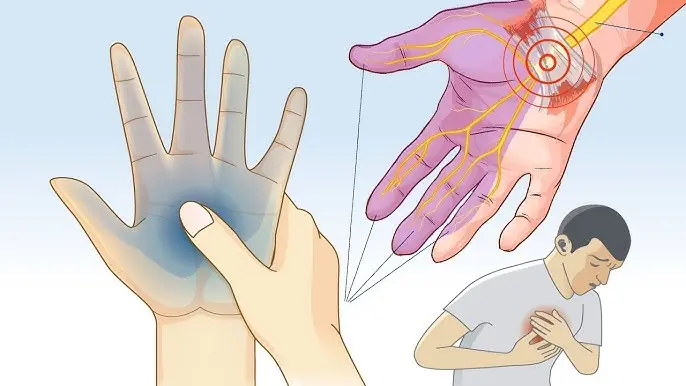
Waking Up with Numb or Tingling Hands: What It Really Means (Science Based)

Thyroid Gland: How to Balance Its Hormones

Gluten Intolerance Warning: Eczema and Other Hidden Signs Revealed
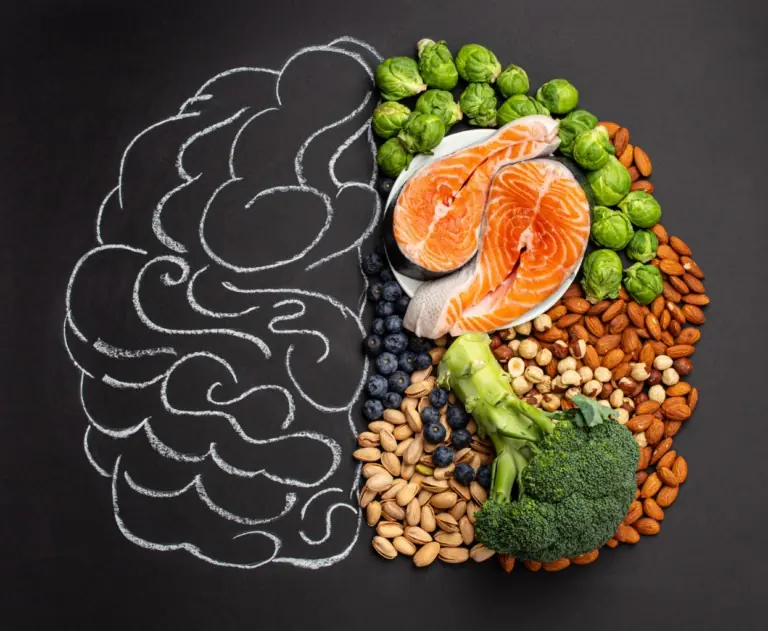
Research Reveals 12 Powerful Foods to Boost Your Brain, Improve Memory, and Make You Smarter

Proven Benefits of Watermelon and Watermelon Juice Including Nutrition Facts (Science Based)

Proven Health Benefits of Okra That Are Based On Science (Including Nutrition Facts)
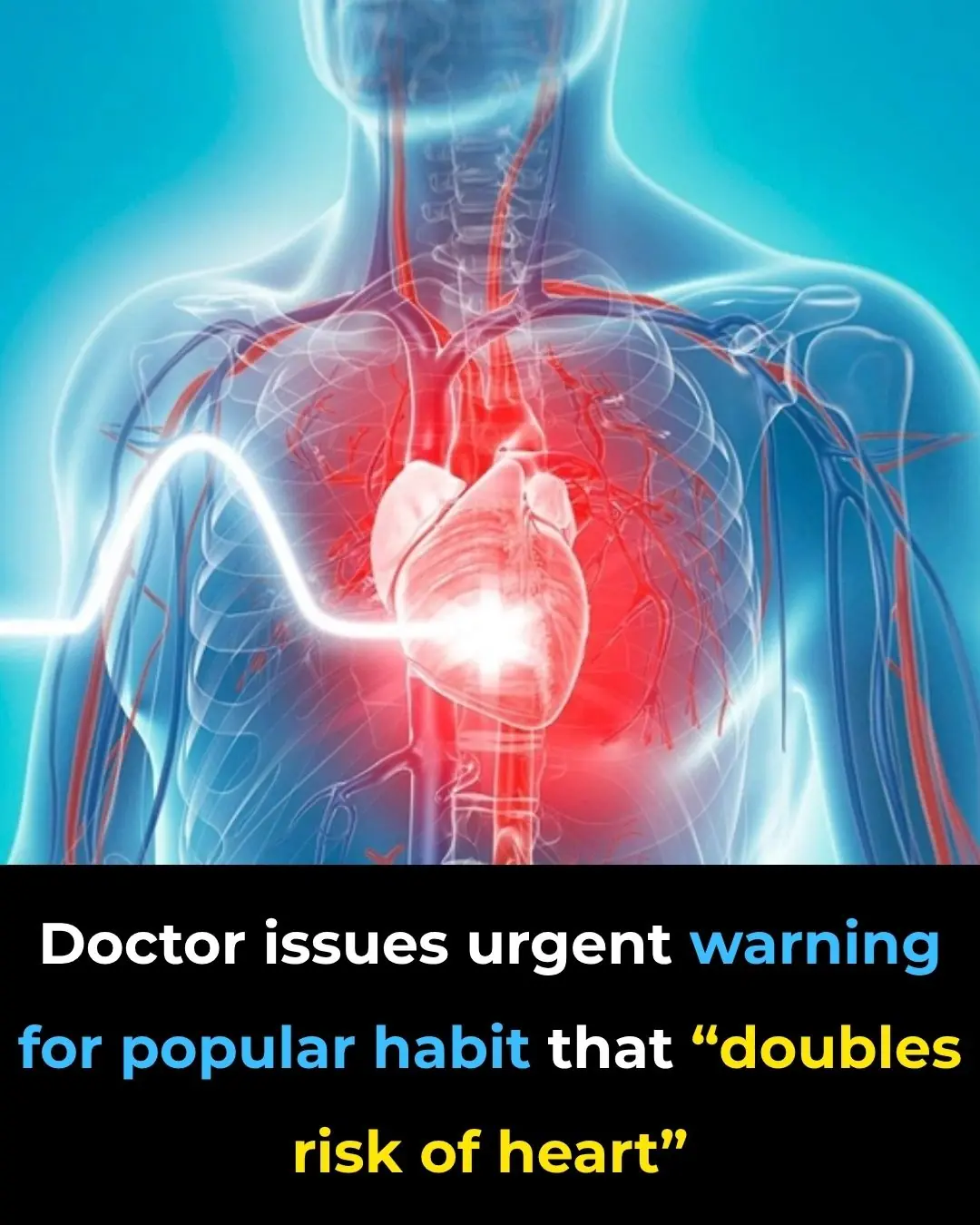
What Causes a Heart Attack? 13 Health Conditions to Watch For
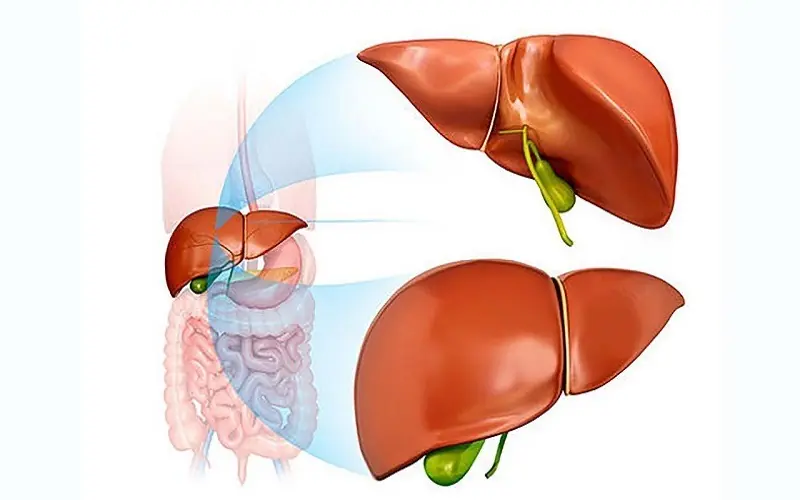
10 Proven Foods to Stimulate Your Liver and Remove Toxins Fast

Scientists Reveal How to Cleanse Your Colon Fast Using Just 2 Simple Ingredients

Doctors Urge: Stop Eating These 6 Foods That Fuel Cancer Growth

Sleeping Naked: 8 Surprising Benefits

8 Habits That Could Damage Your Brain (According to Research)

What Causes Belly Fat: Foods that Cause Belly Fat and Other Causes of Belly Fat
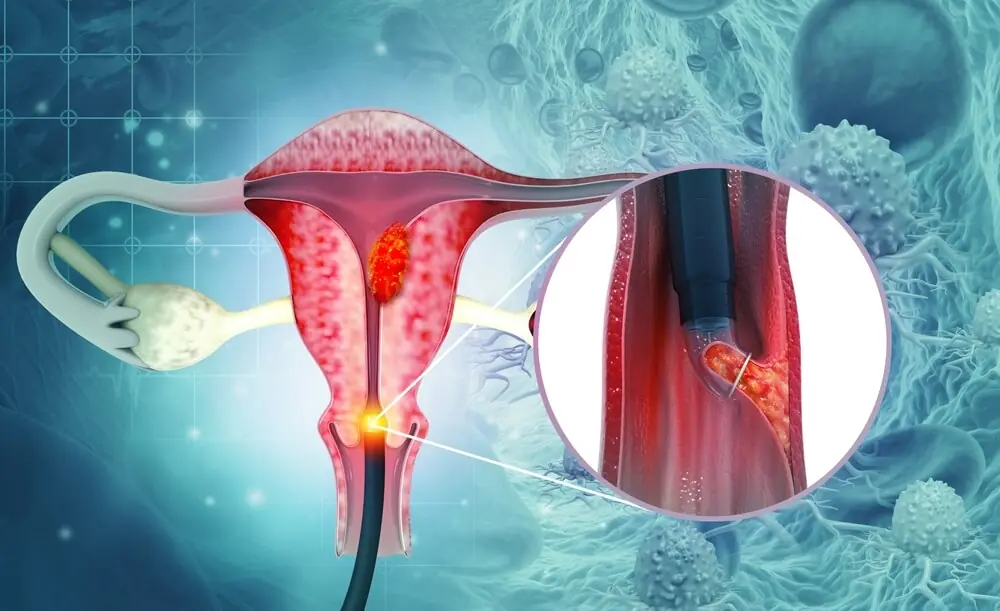
10 Warning Signs of Cervical Cancer You Shouldn’t Ignore

4 Common Causes of Body Pain on the Right Side

7 Early Signs Your Heart May Be in Danger – Don’t Ignore #3!

Discover the Power of Rosemary: Nature’s Potent Pain Reliever & Healing Herb
News Post

Proven Inflammatory Foods to Avoid According to Science

A Quiet Act of Kindness That Restored My Faith in Humanity.

Proven Health Benefits of Matcha Green Tea: Weight Loss, Cancer and More (Evidence Based)

A Boy Named Shayden Just Wanted One Thing: A Friend — Can We Help?

Waking Up with Numb or Tingling Hands: What It Really Means (Science Based)

My MIL Kicked My 6-Year-Old Daughter Out of My Nephew’s 7th Birthday Party – When I Found Out Why, I Had to Teach Her a Lesson

One Day My FIL Snapped, 'Did You Forget Whose House You're Living In?' — I Felt Humiliated and Had to Str!ke Back

Amazon's forgotten $500,000,000 deal that 'killed' Toys 'R' Us in 'cruel' move

The real reason why nobody has ever found human remains inside the Titanic wreckage

My Parents Kicked Me Out for Refusing to Attend Their Dream College — Five Years Later, They Got a Lesson They’ll Never Forget

I Thought My Daughter Was Just Going Through a Phase, but Her Journal Exposed a Truth I Wasn't Ready for – Story of the Day

Scientists Reverse Aging of a 53-Year-Old’s Skin Cells to That of a 23

Thyroid Gland: How to Balance Its Hormones

Gluten Intolerance Warning: Eczema and Other Hidden Signs Revealed

Research Reveals 12 Powerful Foods to Boost Your Brain, Improve Memory, and Make You Smarter

The Dog Who Never Ran Away Again.

Officer’s Quick Fix Turns Routine Call into a Viral Moment of Kindness.

My son brought a psychiatrist home to have me declared legally incompetent.
